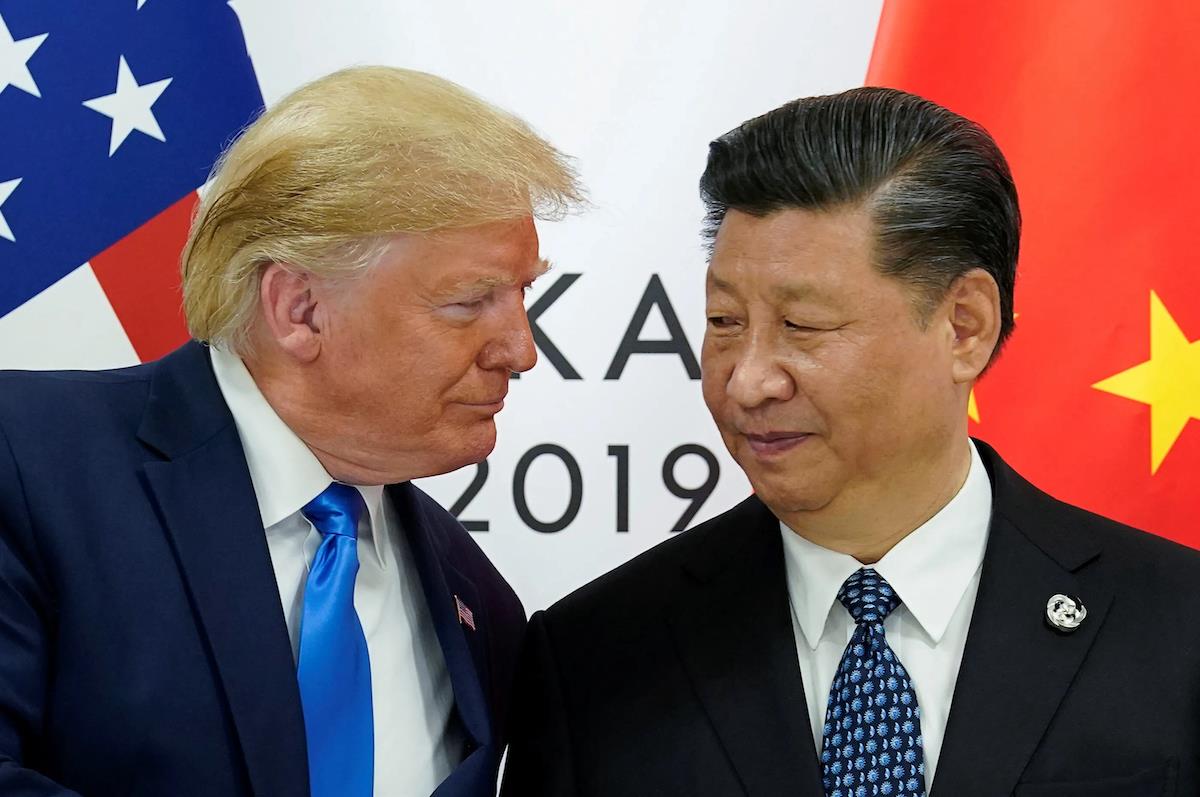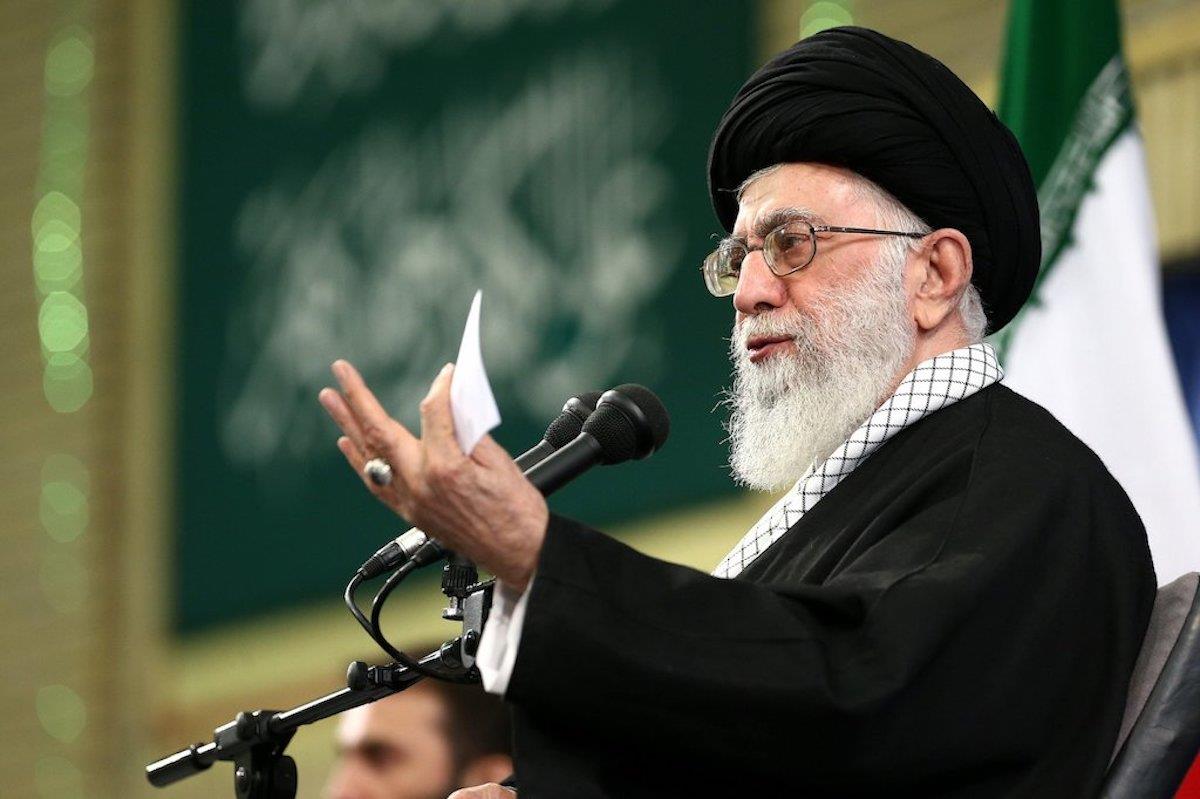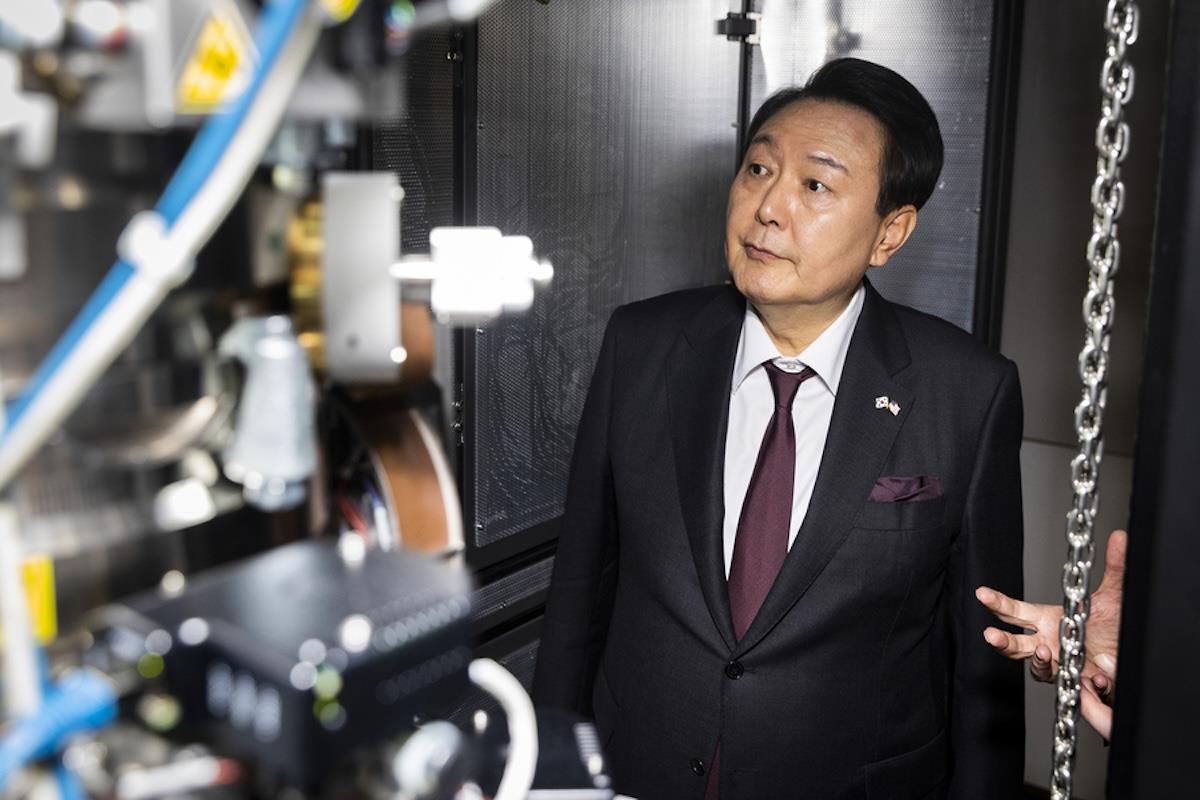
Trump Tariffs As Ploy For Making A Big Deal With China
In Peru on Friday (November 15), where national leaders were gathering for the Asia-Pacific Economic Cooperation (APEC) forum summit, Xi stressed that“dividing an interdependent world is going back in history” at a moment when the globe has“entered a new period of turbulence and change” causing“severe challenges.”
Notably, Xi didn't point the finger directly at Trump. In his bilateral chat with outgoing US President Joe Biden a day later, Xi said“China is ready to work with the new US administration to maintain communication, expand cooperation and manage differences for the benefit of the two peoples.”
And that's, frankly, exactly what one might expect of the leader of a giant, unbalanced economy staring down the barrel of 60% tariffs to take down the geopolitical temperature.
But what if Trump surprises and turns out to be a receptive and open counterpart to Xi, with the 60% tariff threat mere posturing to set the stage for a giant new bilateral trade deal?
There are myriad reasons to take seriously Trump's threats to make giant trade wars great again. In the runup to his election win on November 5, Trump talked early and often about making“retribution” the driving force of his presidency, which begins on January 20, 2025. Xi's economy has every reason to worry it will be the first stop on Trump's revenge tour.
However, the other side of the argument is worth exploring. Odds are high that Trump's tariffs are just“part of a bigger American strategy” and“part of a deal-making process that is going on in Trump's mind,” says Neil Thomas, an analyst at the Asia Society Policy Institute's Center for China Analysis. The goal, Thomas argues, is a“grand bargain” trade deal between the two biggest economies.
“So,” Thomas says,“they are there for their own sake, basically to advance the 'America First' agenda, or they are going to be treated as leverage over China to extract some kind of broader, either economic or strategic, grand bargain.”
Others have made this argument, of course, including some in Trump's inner circle. But there are reasons to hope Trump 2.0 might prioritize the president's transactional impulses over conflict.
One is that it's hard to think of a modern-day leader who cares more about what posterity thinks of them than Trump. He hardly seems the type who wants to be remembered for impeachments, indictments and launching trade wars that America lost during his first term from 2017 to 2021.
After all, if the goal was to alter China's economic big-picture trajectory, claw millions of jobs back from Asia's biggest economy and revitalize US manufacturing, then Trump's win-list to date is very short.
Trump is arguably the least ideological US leader in living memory. He also is reveling
in having won a credible coalition of working-class white, black and Latino voters in the 2024 election, beyond anything serious pollsters saw coming. If Trump wants to be remembered as the“working man's president,” he'll have to put real meat on the bones of such a legacy.
Economists understand how and why Trump's first-term tariffs didn't stop China's growing share of global commerce. They know that China didn't“pay” Trump's tariffs; American companies and households did.
Trump's ability to bamboozle the masses a second time that higher prices are not the fault of his protectionist trade policies will be limited.

Legal Disclaimer:
MENAFN provides the
information “as is” without warranty of any kind. We do not accept
any responsibility or liability for the accuracy, content, images,
videos, licenses, completeness, legality, or reliability of the information
contained in this article. If you have any complaints or copyright
issues related to this article, kindly contact the provider above.






















Comments
No comment